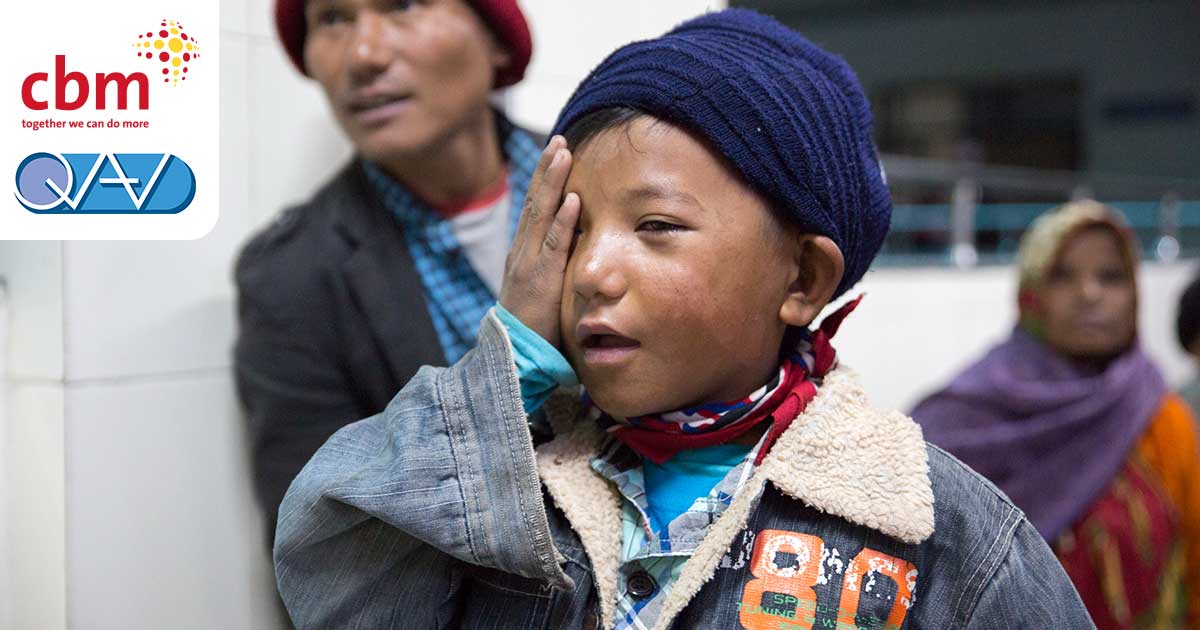

What are Cataracts?
Cataracts occur when the lens of the eye becomes cloudy, obscuring the vision. They can occur in one or both eyes. Over time, if untreated, the lens becomes opaque, leading to blindness.Cataracts are the leading cause of blindness worldwide, causing around half of all blindness. The condition can be treated with straightforward, sight-restoring surgery, but for millions of people in the world’s poorest places, treatment is out of reach.
Cataracts are most commonly diagnosed among older people, but they may also occur in younger people and children, even from birth. If a child is born with cataracts, the condition must be treated in the first few years of life; if not their sight will not develop properly and the child will be permanently, irreversibly blind.
It’s vital that children with cataracts are reached quickly, or they face a lifetime of blindness.
Did you know? Cataracts can be removed with an operation costing as little as £24 for an adult or £95 for a child? The impact lasts a lifetime!

They can only watch on, as their son loses his sight. “Some say that Adip needs to wear glasses for the rest of his life, others say he needs frequent surgeries in the future. We are farmers; we don’t have knowledge to understand all this. We are worried.”
Children living with sight loss and disabilities are more likely to miss out on education than any other group, making up a third of all children who are not in school. But education is one of the main ways we can stop cycles of poverty, because receiving an education means that there is a chance of better employment in the future.
The sooner children like Adip are reached, the better, not just so children have a better future, but so that their bodies can develop and heal properly after surgery. There is no doubt that the last year had been incredibly challenging. Healthcare services across the world have been under enormous pressure due to the pandemic, especially in countries like Nepal where many people with disabilities have struggled to access food, medicine and equipment.
This Christmas you can give the Miracle gift of sight to children, like Adip, living in the world’s poorest places. Find out more about CBM’s Christmas Miracles campaign.
Images: Top – Dipendra (11) from Nepal, having an eye examination. Bottom – Adip (6) from Nepal, at home. ©CBM